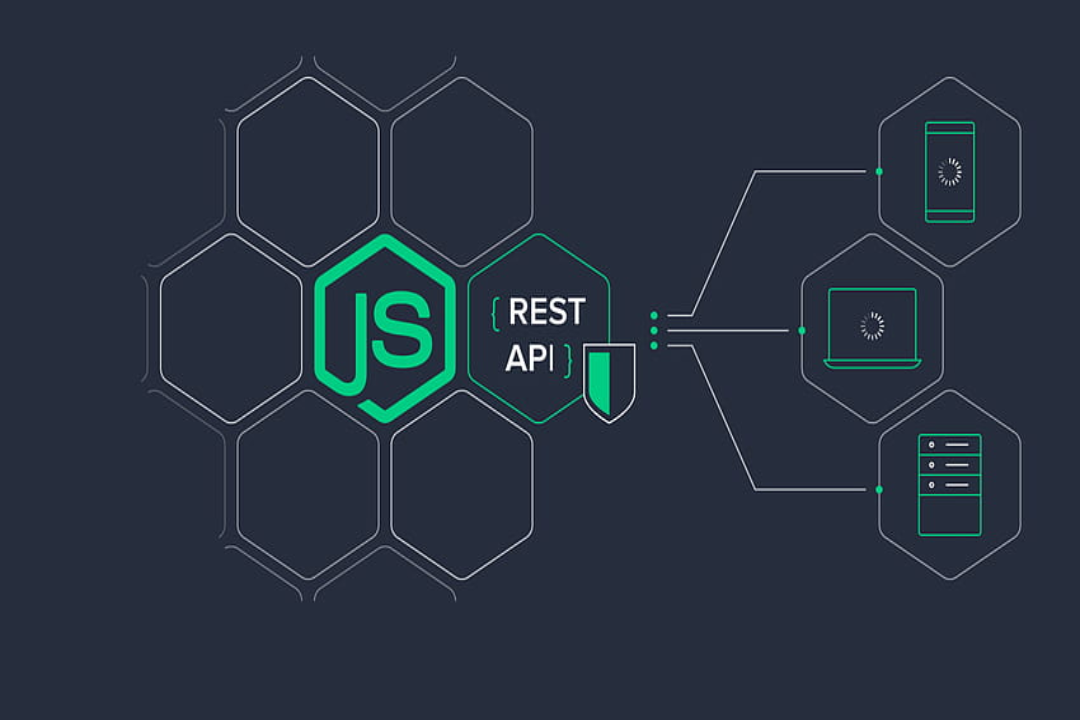Course Description:
This course is designed to provide participants with a thorough understanding of designing, developing, and consuming RESTful APIs. Students will learn the principles of REST, HTTP methods, data formats, and authentication methods. Through practical hands-on projects, participants will gain the skills needed to create robust and scalable APIs.
Prerequisites:
Basic knowledge of programming concepts (variables, functions, loops)
Familiarity with HTTP and web concepts
Understanding the basics of APIs and their importance
Introduction to Representational State Transfer (REST)
HTTP methods (GET, POST, PUT, DELETE)
API endpoints and resource naming conventions
Common data formats: JSON and XML
Serializing and deserializing data
Handling nested data structures
API versioning and backward compatibility
Designing RESTful endpoints and resources
Handling HTTP status codes and error responses
Implementing CRUD operations (Create, Read, Update, Delete)
Pagination and filtering of API responses
API authentication methods (API keys, tokens, OAuth)
Securing APIs using HTTPS
Rate limiting and throttling
Handling Cross-Origin Resource Sharing (CORS)
HATEOAS (Hypertext as the Engine of Application State)
Caching to improve API performance
Hypermedia controls for navigation
API documentation using tools like Swagger or OpenAPI
Unit testing and integration testing of APIs
Using Postman for API testing and debugging
Performance optimization techniques
Real-world API design and development considerations
Course Objectives:
By the end of this program, students should be able to:
-
API Developer: Graduates can work as API developers, creating and maintaining APIs for various purposes. They might be responsible for designing API endpoints, handling data serialization, ensuring security, and optimizing performance.
-
Backend Developer: With a strong understanding of RESTful APIs, students can become backend developers who specialize in building the server-side logic of web applications. They can create APIs that communicate with databases and handle business logic.
-
Full-Stack Developer: Understanding how to create and consume APIs is crucial for full-stack developers. Graduates can work on both frontend and backend components of applications, effectively integrating data from APIs into user interfaces.
-
API Tester: Organizations require professionals who can thoroughly test APIs to ensure their functionality, performance, and security. API testers validate API responses, perform load testing, and identify vulnerabilities.







